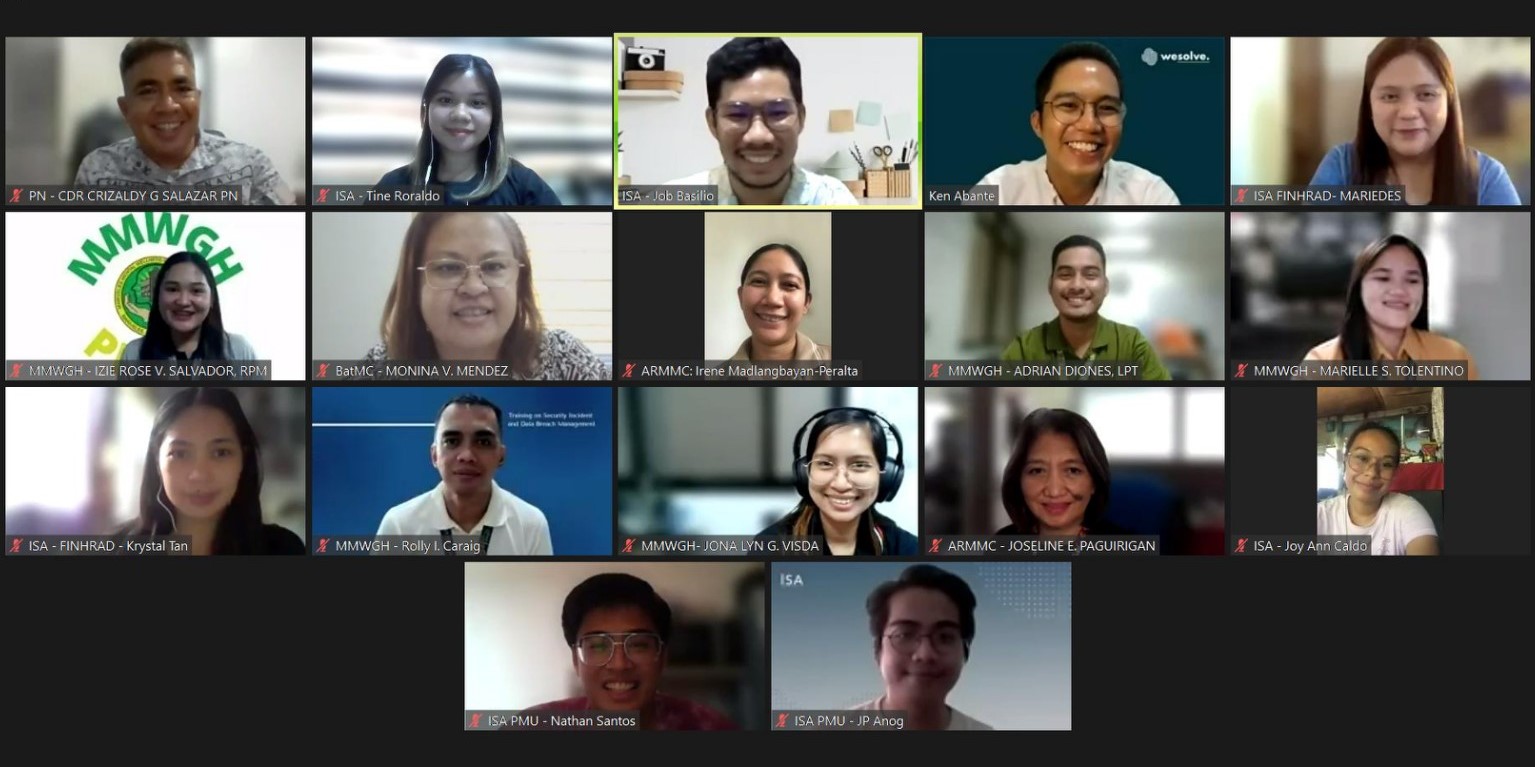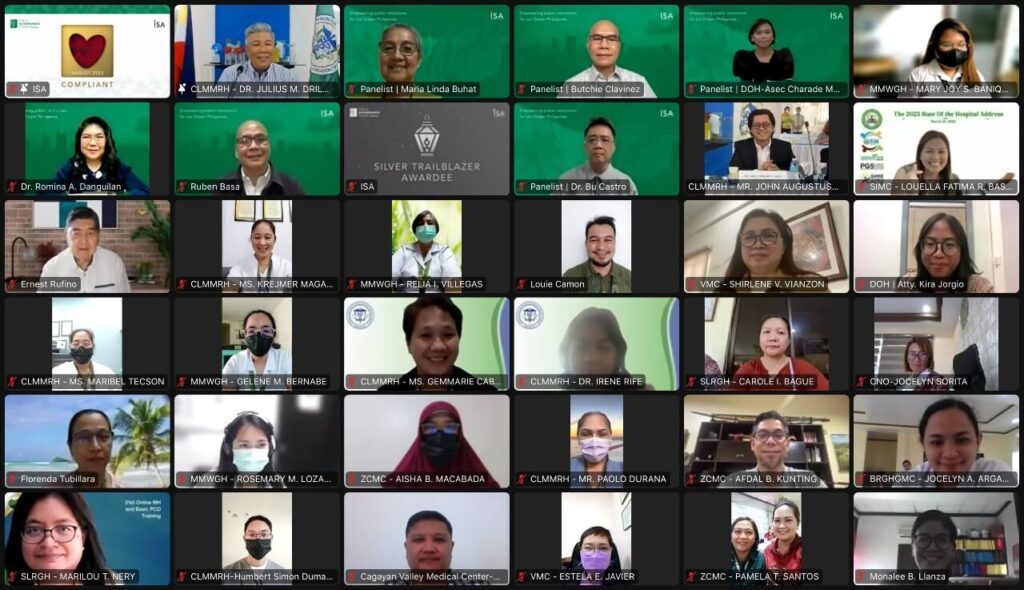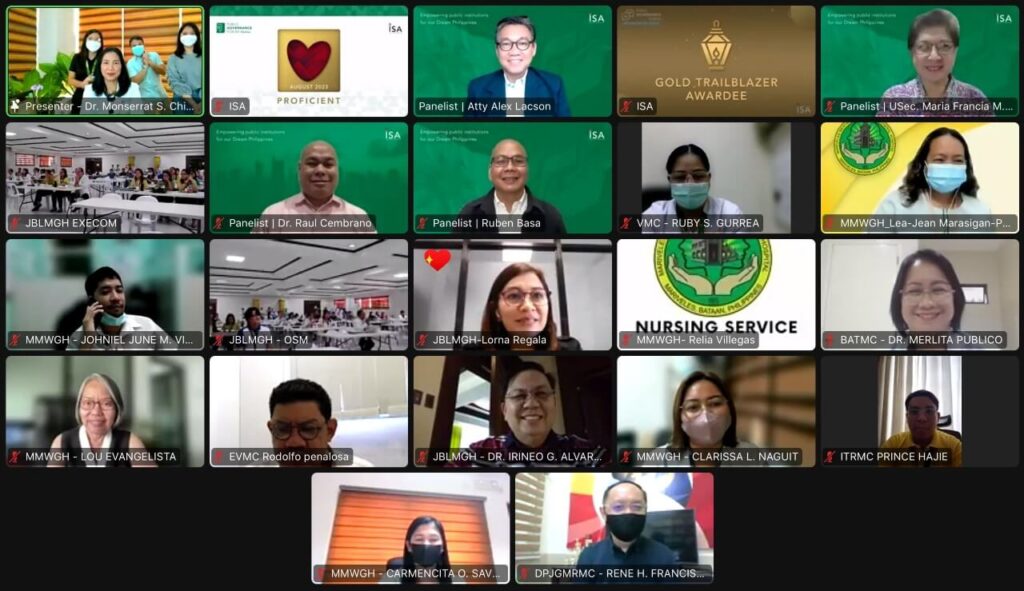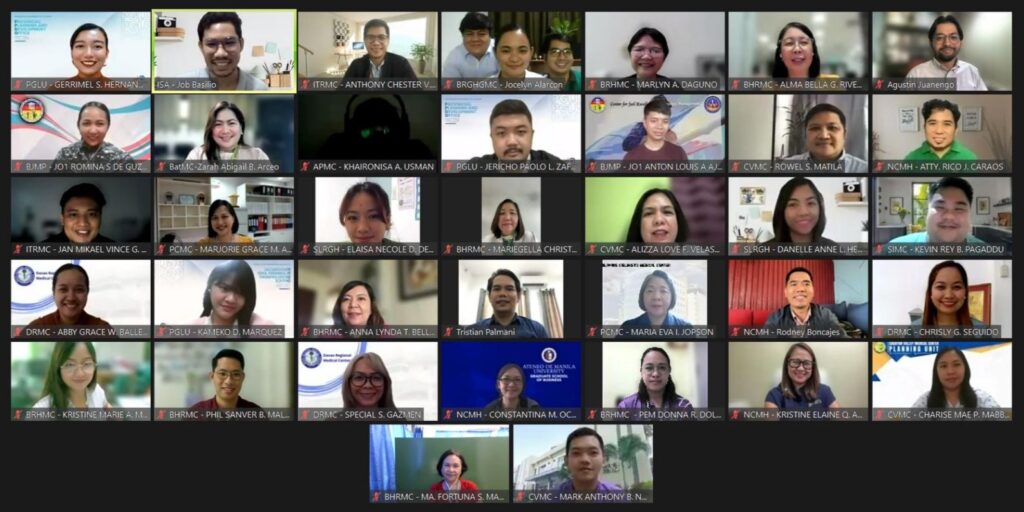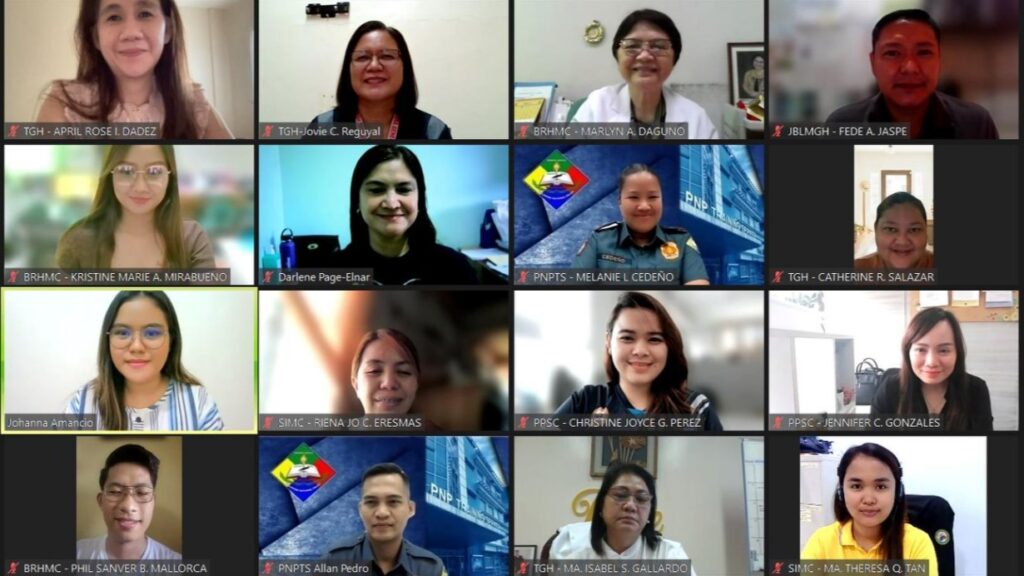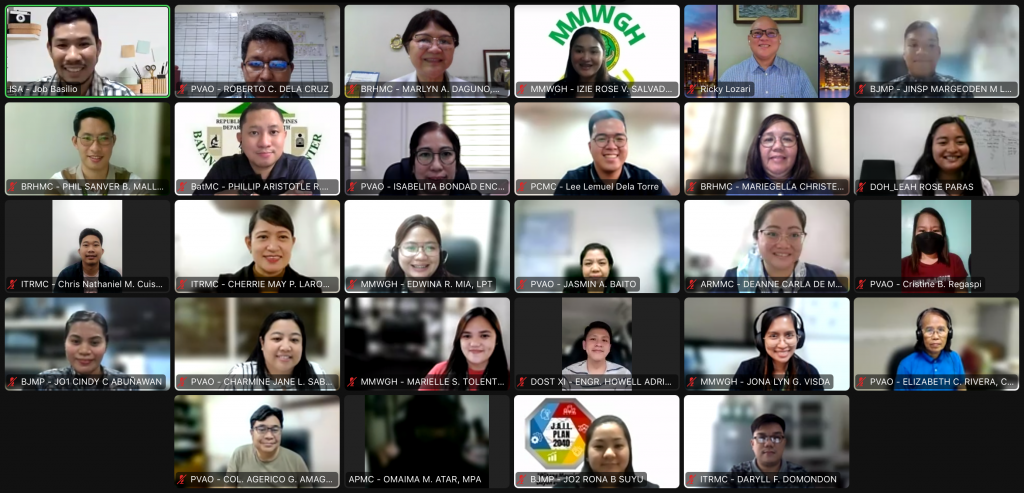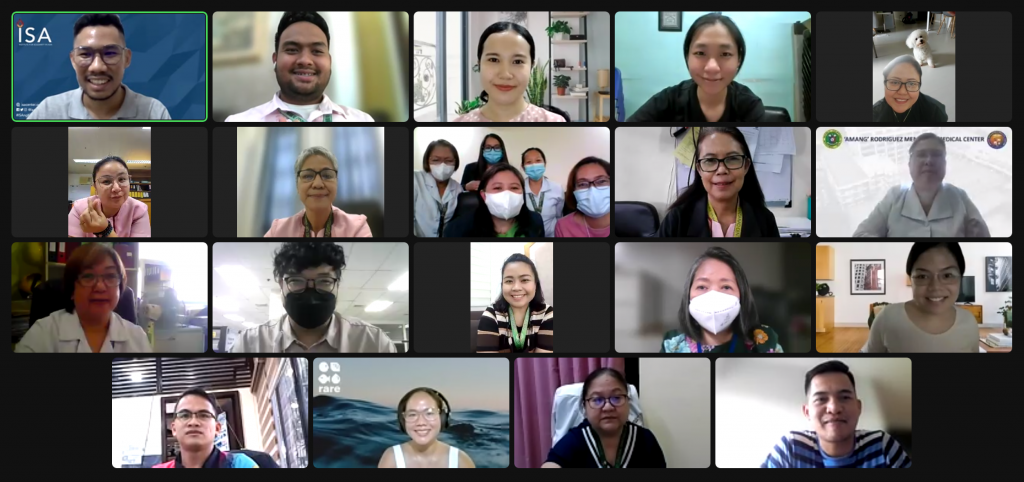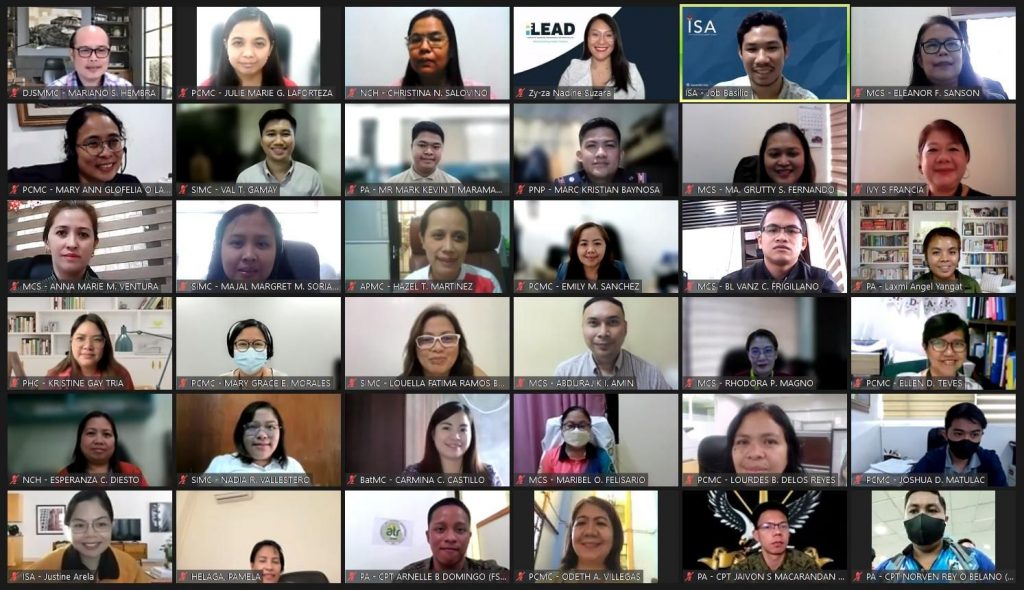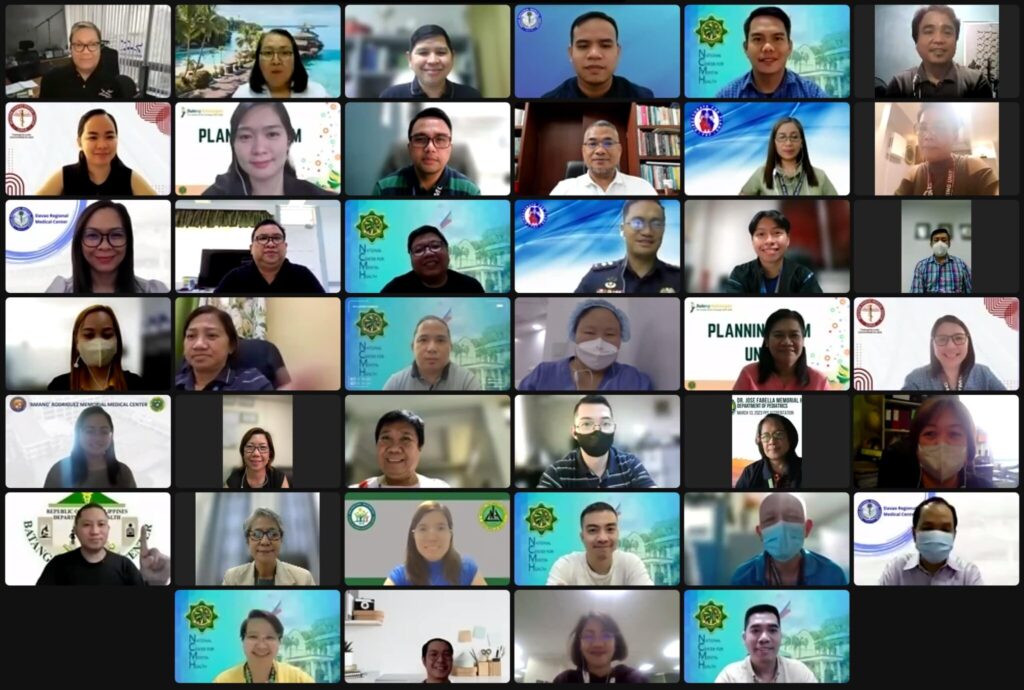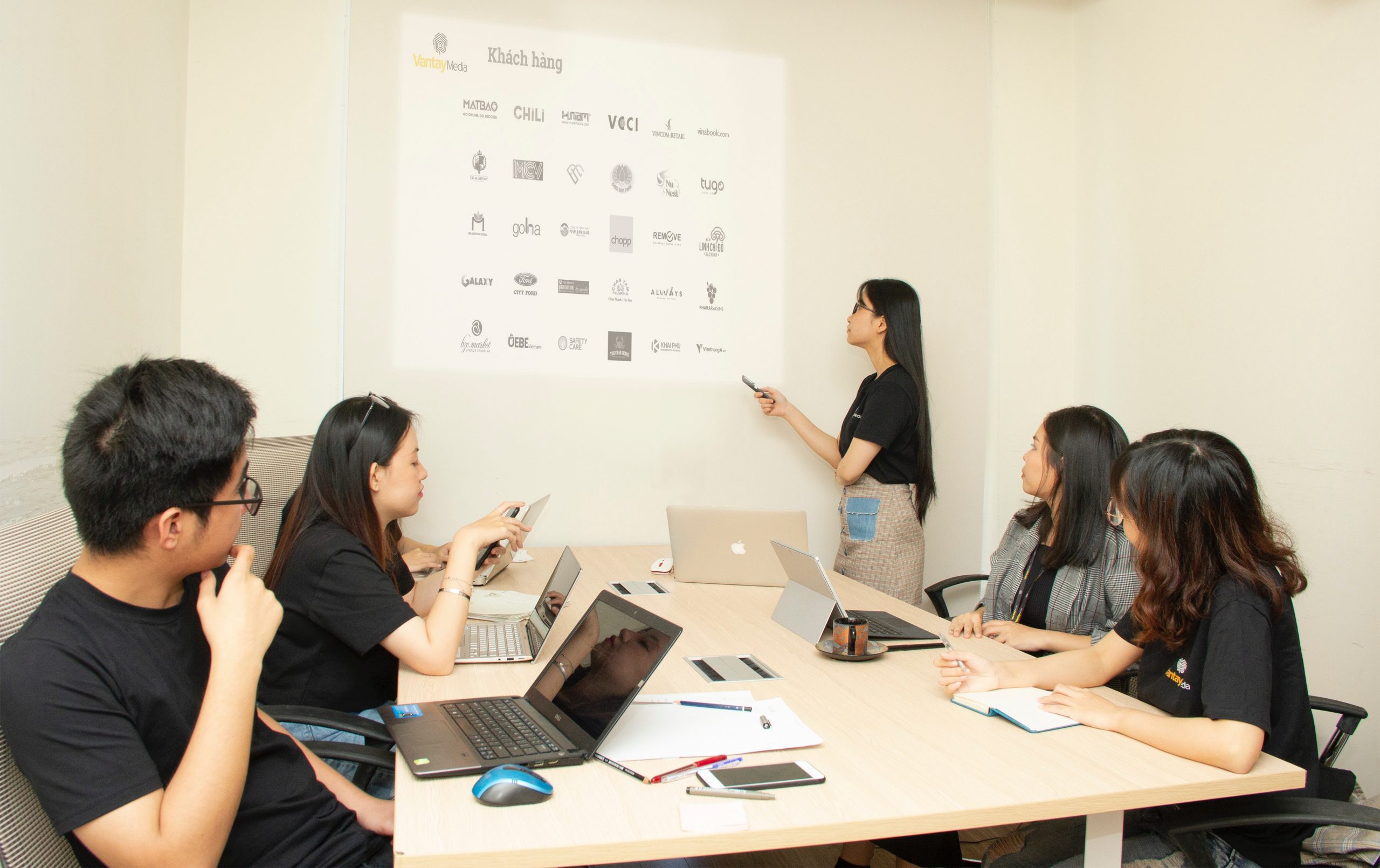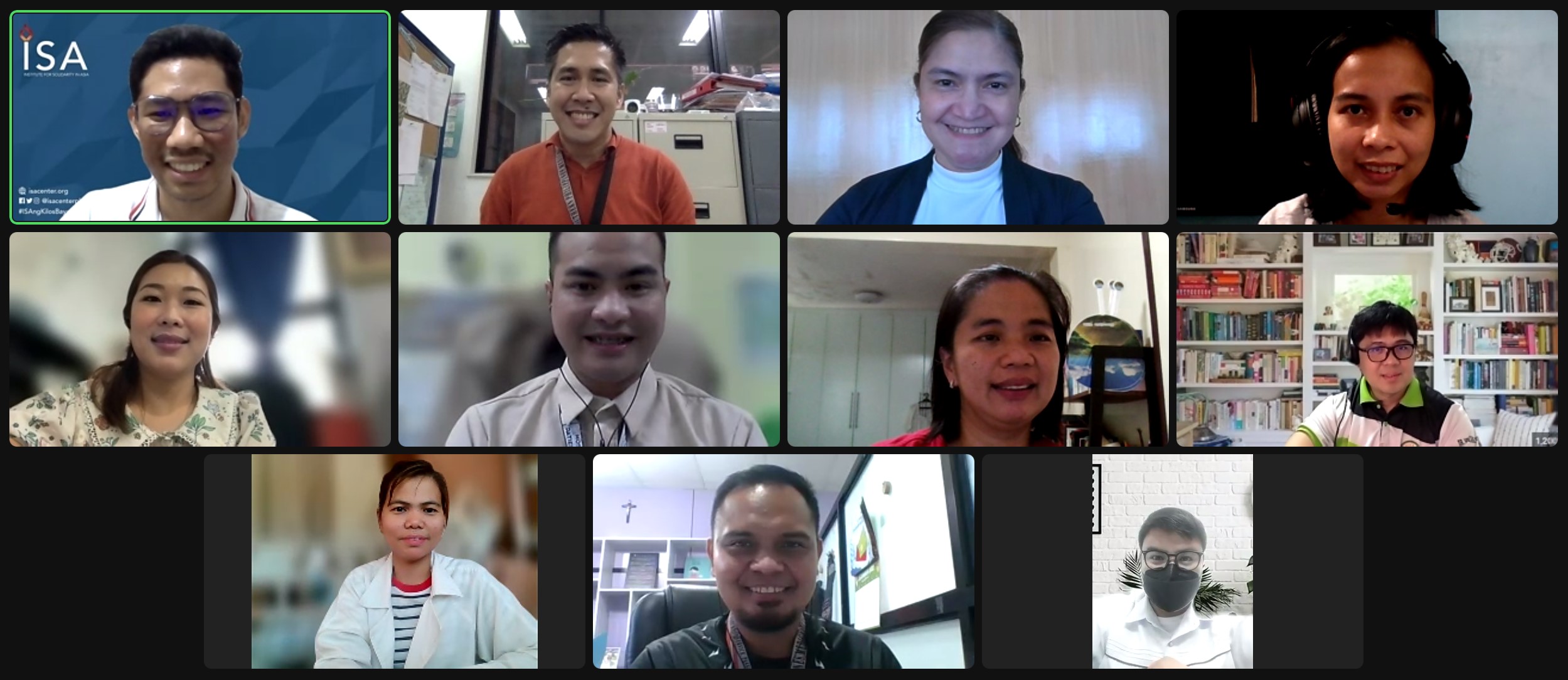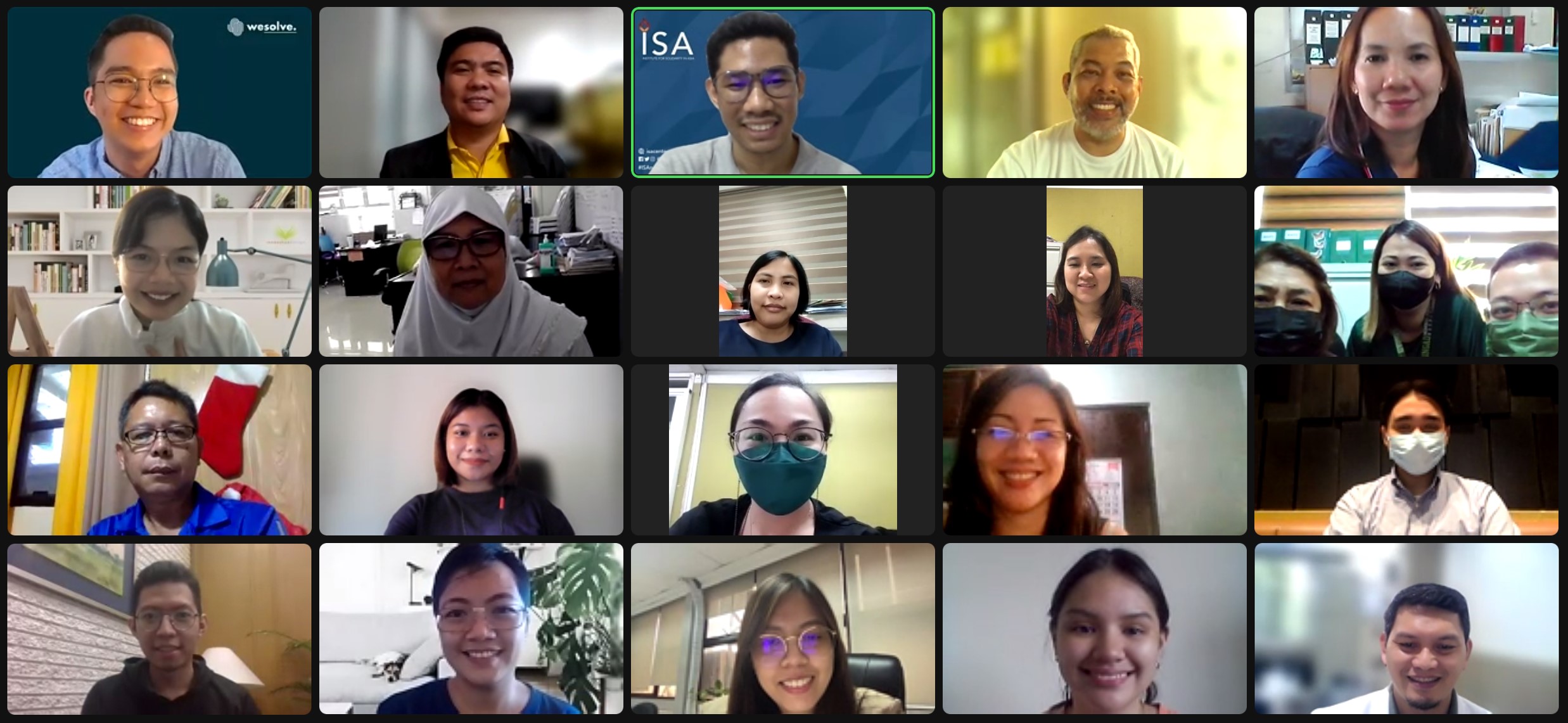Achieving success as a team requires effective leadership, unwavering commitment to service, and fostering unity. To align with their missions and visions, organizations must cultivate a culture of collaboration and teamwork throughout all levels of management. To achieve this goal, one proven approach emerges as a powerful tool for empowering teams and streamlining decision-making processes. By promoting autonomy and providing teams with the authority to make decisions, organizations can unlock the full potential of their teams and create a culture of ownership and accountability.
To help its partners unleash team empowerment through Completed Staff Work (CSW), the Institute for Solidarity in Asia (ISA) organized a Skills Lab workshop titled “Working Hand in Hand in the PGS Pathway” last June 9, focusing on equipping organizational teams with the knowledge, skills, and techniques necessary for a successful CSW implementation.
Attended by 13 delegates from various sectors, the whole-day workshop was facilitated by Mr. Kenneth Isaiah Abante, the Managing Director for Practice and Partnerships at WeSolve Foundation Inc., a social purpose organization that supports collective action movements towards sustainable impact.
CSW, initially attributed to a military memo during World War II, has proven invaluable in creating effective strategies. According to Mr. Abante, it involves thoroughly analyzing a problem, coordinating with the right people, and presenting well-analyzed recommendations that are specific, measurable, attainable, result-oriented, and time-bound (SMART). It emphasizes clear communication and asks, ensuring that staff only require approval or disapproval while supervisors receive clear guidance.
The practice of CSW offers numerous advantages for organizations and their teams. Firstly, it saves valuable time and energy for decision-makers, allowing them to focus on strategic aspects. It also enhances the professional skills of staff members as they actively participate in the decision-making process. And ultimately, it improves the quality of decisions by safeguarding against half-baked ideas and facilitating concise and effective communication. Mr. Abante said that while CSW has been critiqued for its output-driven approach, incorporating positive team culture further enhances its effectiveness.
Developing a culture of CSW requires a collective effort from supervisors and staff, and feedback plays a crucial role in connecting these roles. The “Roses, Thorns, and Buds” approach can guide feedback sessions, where roses highlight appreciative aspects, thorns identify areas for improvement, and buds focus on providing support for growth.
To Mr. Abante, feedback should always be anchored in empathy, emphasizing genuine care for colleagues as both humans and learners. Constructive feedback should appreciate, coach, and evaluate frequently, nurturing an environment conducive to growth.
“Feedback is a gift. Mahalagang malaman na lahat ng feedback natin ay regalo sa isa’t isa at minsan nakakatakot makakuha o magbigay ng feedback kasi baka ma-hurt siya. We might not have control over other person’s reaction to the feedback that we give but we have control over how we view the feedback,” he elaborated.
One of the key aspects emphasized during the workshop was the importance of evaluating the completeness and effectiveness of feedback. Mr. Abante shared a valuable reflection that resonated with participants: “When is feedback complete? Ask yourself, ‘If you were the superior or the boss, would you be willing to sign the paper you have prepared and stake your professional reputation on its being right?’ If you were the staff, would you be able to execute the task to the best of your ability? If not, it’s not yet CSW. If yes, then it is completed.”
During the day-long workshop, participants were immersed in a series of activities designed to deepen their understanding of CSW. Among the highlights was an exercise that involved identifying CSW indicators within their respective units and gaining valuable insights into the significance of thorough analysis, coordination, and clear guidance. Another activity involved role-playing, where delegates assumed the roles of principals and staff members, simulating briefing sessions and providing constructive feedback using the roses-thorns-buds approach.
By the end of the workshop, participants walked away with a deeper appreciation for the importance of CSW indicators. The journey towards harnessing the power of CSW had just begun, and by embracing the approach and embodying its principles, organizations can empower their teams to achieve greater autonomy, streamline decision-making processes, and unlock a world of endless possibilities.

